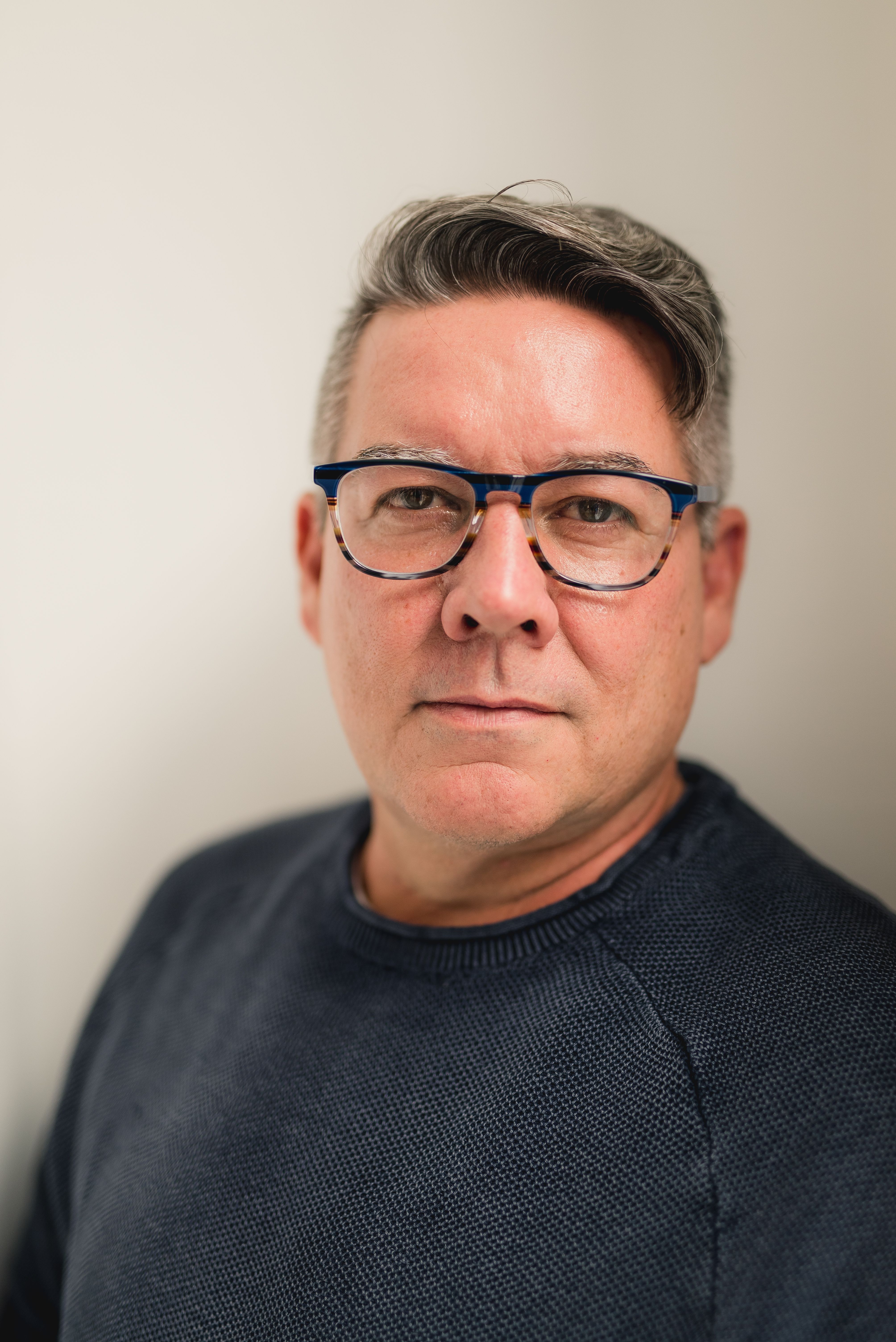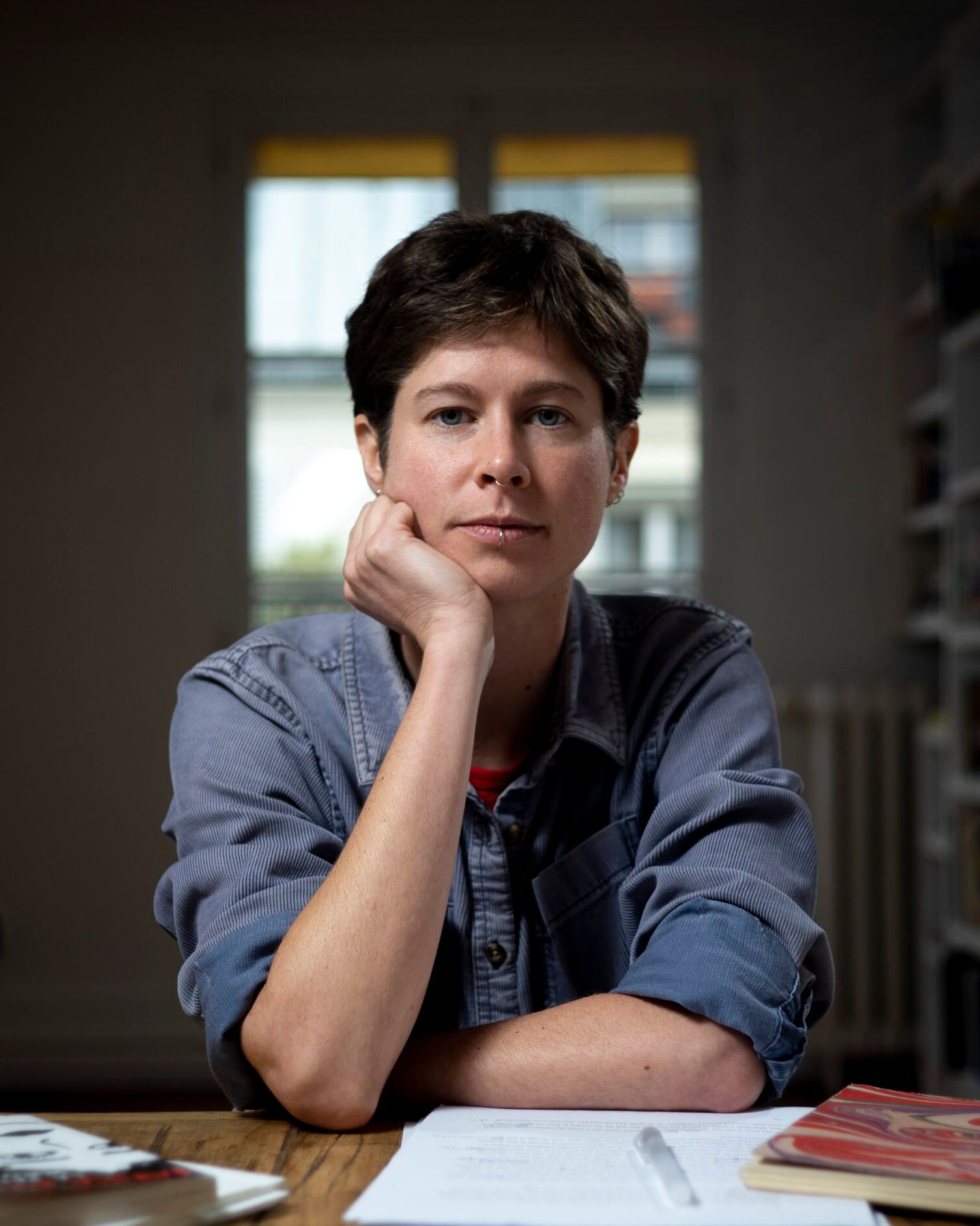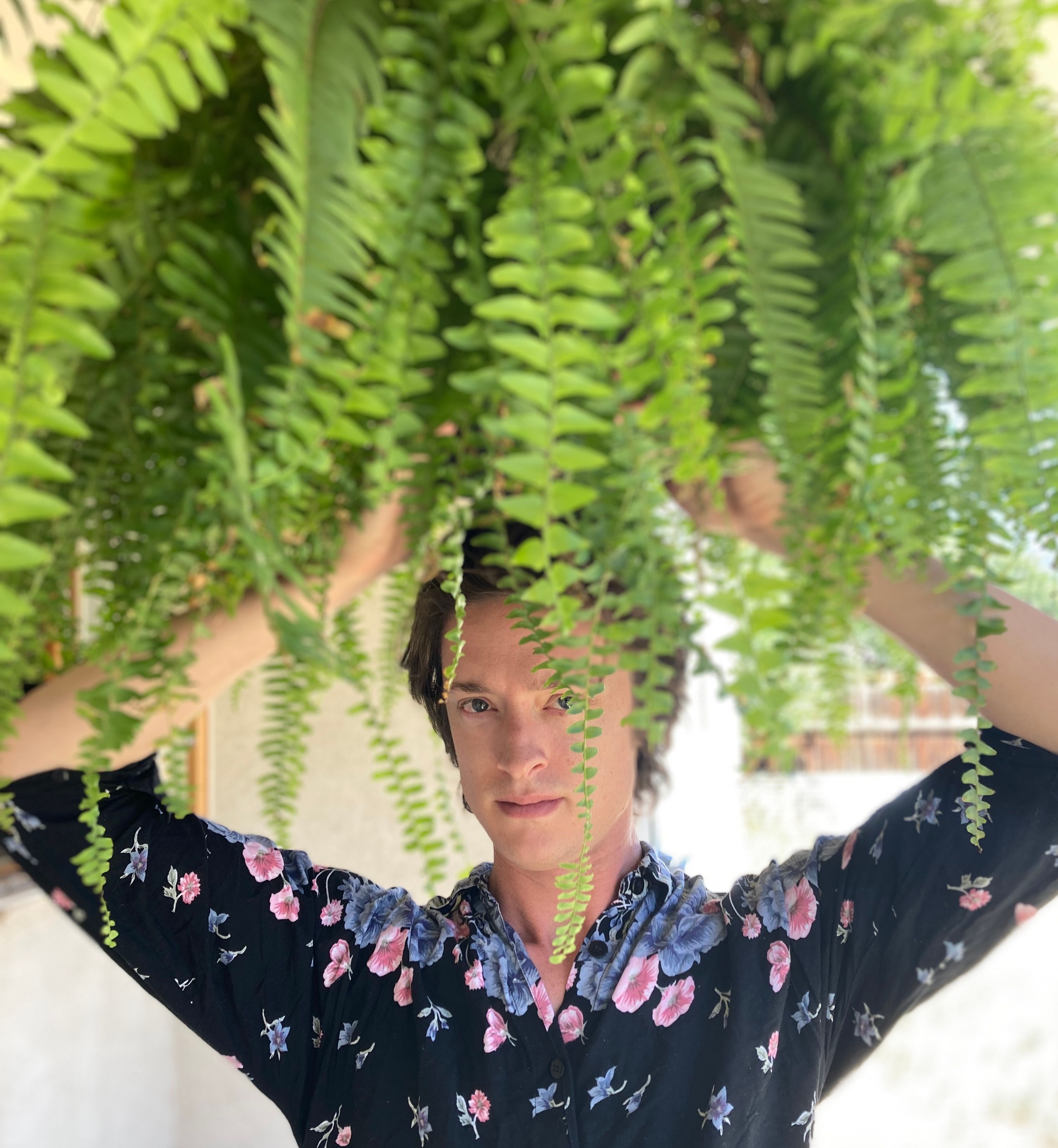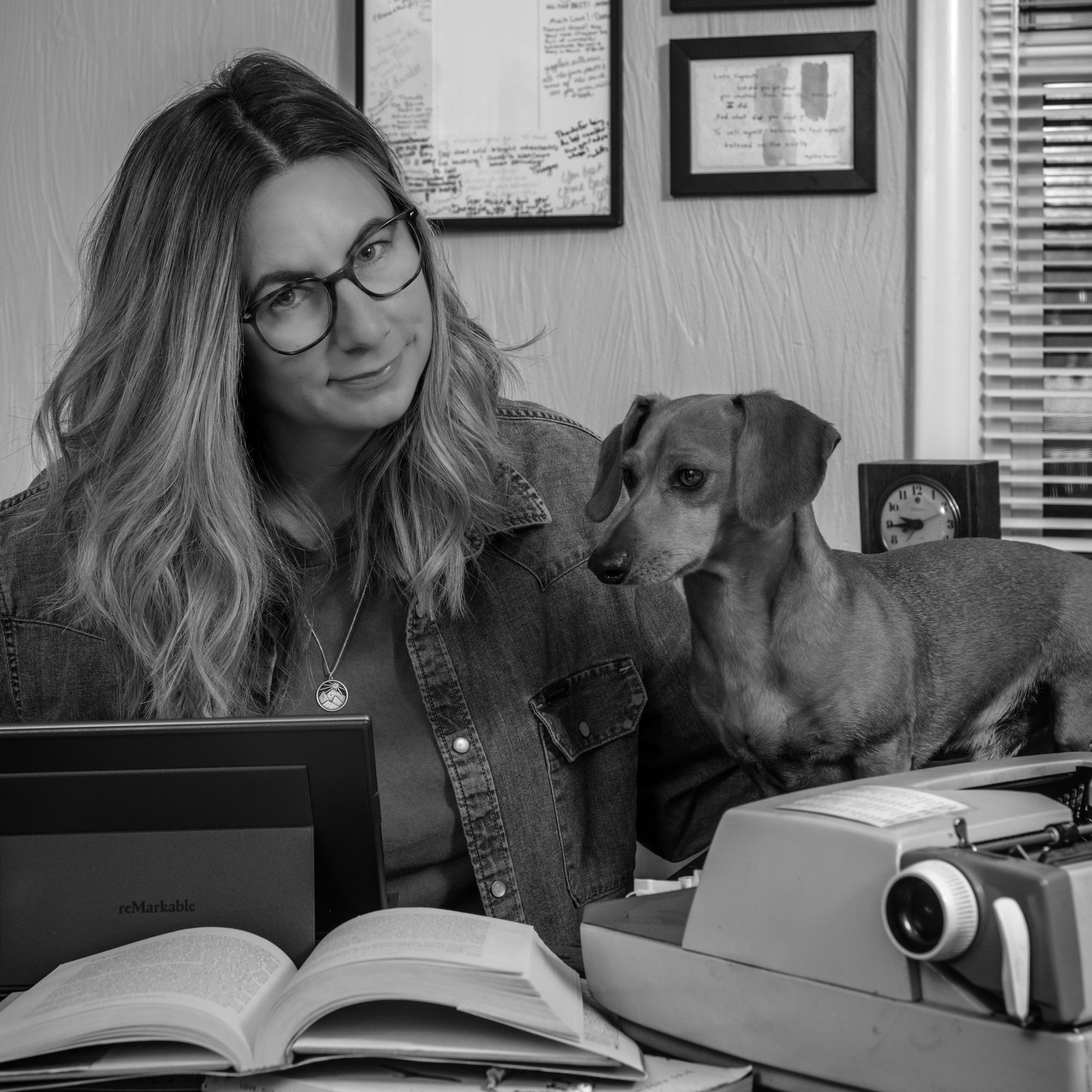The Organs of Sense, the previous novel by Adam Ehrlich Sachs, is among those books that I feel compelled to press into the hands of strangers, insisting that they love it as much as I do. I’ve since had to stop this practice due to complaints, but you should still read it.
I had the great good fortune to interview Adam via email in advance of his new, equally brilliant book Gretel and the Great War (FSG Originals) which will be released in June 2024. It is one of LitHub’s Most Anticipated Books of 2024. He is also the author of Inherited Disorders, and you can find his fiction in places such as Harper’s Magazine, n+1, and The New Yorker.
In our interview we discuss, among other things: philosophers and their delusions, the career arc of empires, the distinctive structure and cadence of Adam’s books, and what’s funny.
On (Non)Sense, Form, and Vienna: A Conversation with Adam Ehrlich Sachs
On (Non)Sense, Form, and Vienna: A Conversation with Adam Ehrlich Sachs
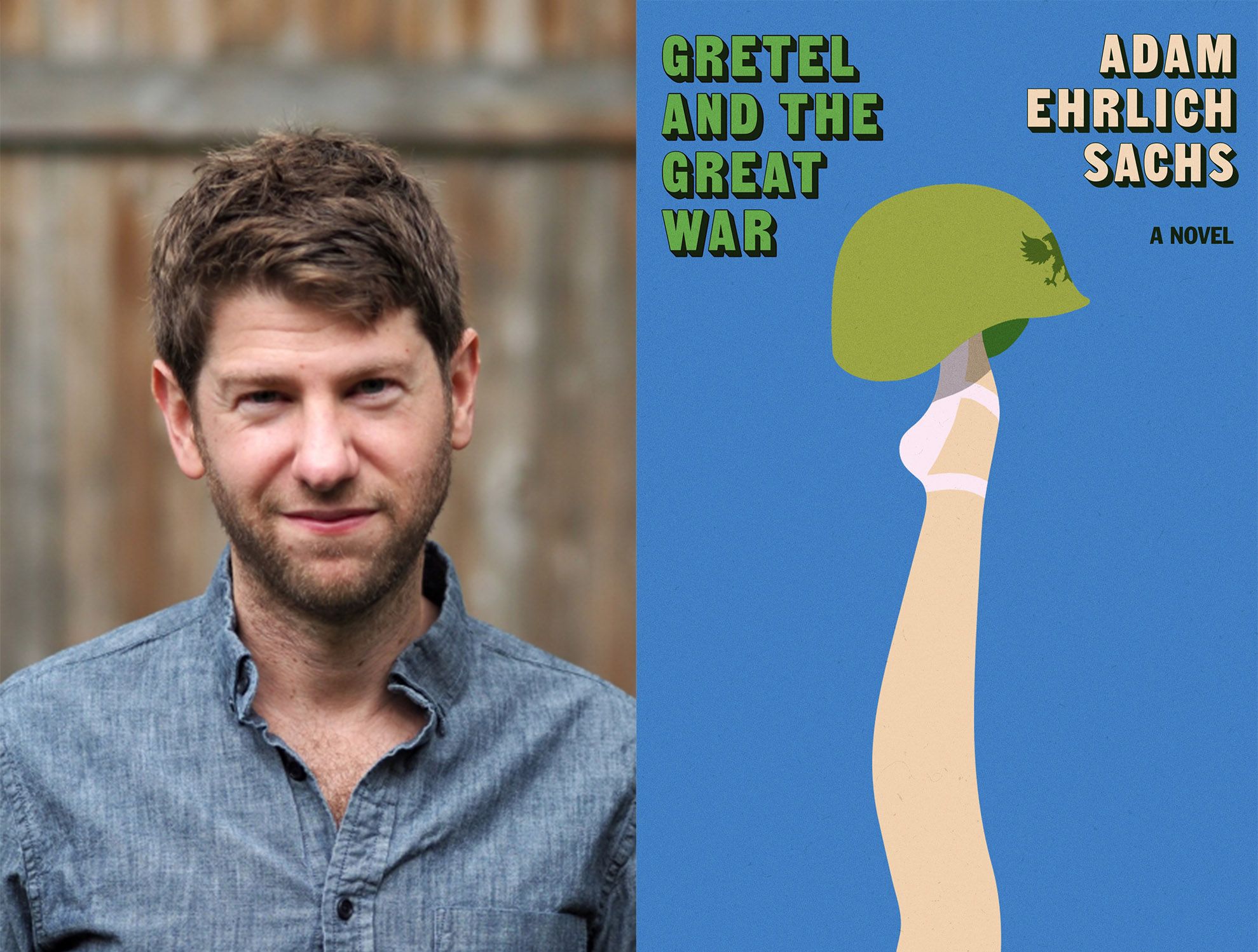
Timothy Provenzano: What initially interested you about the place and time of the novel: Vienna, 1919? And did that change in the course of writing it?
Adam Ehrlich Sachs: My last novel was also set in the Habsburg Empire, in 17th-century Prague. Probably the right number of books to write about the Habsburg Empire is one, or zero. But I guess I thought, “No, two, I should write two books about the Habsburg Empire.”
I did move from its heyday to its dissolution. There’s something about the dissolution of a tottering multiethnic empire, the vehement assertion of national/cultural identities, the brainless gearing up for a pointless global conflict, that felt freshly relevant.
I’m sure op-eds making this comparison have been written many times. But my interest wasn’t really political. I began just by liking the art and philosophy of the period. I liked that all the key figures seemed to know one another, to eat cake in the same cafés, and to violently despise their own fields. Loos, Schoenberg, Karl Kraus, Wittgenstein. Their shared disgust at every building going up, every new piece of music performed, everything written in the newspapers and philosophy journals—every bit of it was meaningless, nonsensical, a crime. The languages of these fields had to be purged so that we stop trying to express things that cannot be expressed.
Positivism is in ill repute now, modern architecture a dead end, Karl Kraus only vaguely funny, I’ve never listened to a Schoenberg piece all the way through, etc., but I still admire the impulse to decide that everything everyone is saying is completely devoid of meaning. I think that, plus having a young child, was the starting point.
TP: Were the individual stories comprising this novel conceived of as a whole? Could you talk a little about your process for creating this story as a linked series of vignettes? Especially with them being organized alphabet-style, I'm curious how that came together.
AES: Yeah, the stories were conceived of as a whole. I seem to need to have a whole book in view in order to write; I have trouble writing short stories or standalone pieces. But the only books I seem able to write are made up of discrete pieces. So the first and most horrible part of my “process,” if it can be dignified with that term, is a long period of paralysis waiting for a form that will get me out of this vicious circle. I can’t just start writing bits and pieces and letting the structure emerge organically, because that would be too easy and pleasant.
At the time, I was reading a lot of children’s books to my daughter, and enjoying them more than the proper literature I was trying to read. And I think one thing I liked is how “modular” much of it is, like it’s composed of semi-interchangeable parts that snap into a single larger structure. For example, in “One Fish, Two Fish, Red Fish, Blue Fish,” there’s the overarching structure of “funny things [being] everywhere,” and the consulting of various authority figures to see if they can explain why that is, but within that structure all sorts of tales and characters are slotted in: Yink, Yop, Ish, and so forth. Same with all the alphabet books we were reading. And I started to feel that the line connecting these to Ovid's Metamorphoses and the Book of Genesis and the Arabian Nights, to Calvino and Perec, was the main line of literature, and the classical 19th-century novel just a bizarre aberration.
TP: To me, there is an aphoristic feel to your novel—for instance, the way the text is grouped, often just a few sentences by themselves. There is also the elliptical, almost mythic quality of the action, and the oracular quality of the prose. "One can hold on to the truth for only so long when the whole world claims one is in possession of a falsehood" being a particularly striking example.
Do you draw any inspiration from the aphoristic tradition of Kafka, Cioran, La Rochefoucauld, Wittgenstein etc., and if so could you talk about how that informed this work? Or, if I’m completely off base here, did anything in particular inspire this style?
AES: I do tend to like writing that's compressed, elliptical, fragmentary—though that also describes jokes, folk tales, poems written by Zen monks at the instant of their deaths, etc. I like aphorisms, too, though I think I like them for a peculiar reason, not so much as pithy bits of cynical wisdom, but when a set of them shows a perturbed person obsessively iterating on something that's troubling them. All the better when the perturbed person mistakes their own little demons and derangements for attributes of the world. Since there are no more oracles, the interesting thing to me about an oracular pronouncement is not what it says about the world—since it probably says nothing new, or, if new, then nothing true—but what it says about the self-styled oracle. Why is this non-oracle speaking so oracularly? "Whereof one cannot speak, thereof one must be silent” is of limited use as a guide to good behavior but compelling as a reflection of Wittgenstein's psychology and the preoccupations of early-20th-century Vienna.
TP: Your fluency with a musical style of prose, with its elements of refrain and repetition, your ability to render variations on a theme—for example the confection that is “a little rich”—makes reading the book such a pleasure. Does music (not Schoenberg, I take it) play any part in your writing process?Or if not, is there anything you think that helps you achieve your distinctive rhythm?
AES: It's nice to think I have one—thank you. I don't listen to music while I write, though sometimes I might try putting on something beforehand. Bach, maybe, to get in a sort of theme-and-variations-y mood. I'm not sure that ever works. More often I read something that has the kind of rhythm I'm looking for—ideally my own prior pages, if it happens to be going well. But I think when I'm looking for a rhythm, I'm looking for the story, too. The writers I admire most sort of forged their own syntax, and that syntax both generates their rhythm and dictates their plots. Like, the sound of Michael Kohlhaas—rigorous, breathless, convoluted, legalistic—feels inextricable from what Kohlhaas does and what happens to him. You can try to steal the Kohlhaas rhythm but whoever you write about with it will end up beheaded. If you write like Gertrude Stein you will always trace several generations of Americans. So I hope that the sound of my stories emerges from their logic, in a way. In this book, with all its faux-naivety, I often wanted a story to start very simple and wind up very complicated, yet have every intermediate step feel logically compelled (at least by my own private logic). I'd always rather not introduce new things along the way; I am against Barthelme-style non sequiturs or Dostoevsky's "suddenly, a man burst into the room." That means I have to keep using and reusing the few simple things I started with. And probably that results in the refrains and repetitions. Or maybe it goes the other way, I just like refrain and repetition, and that's why I like the kind of stories I like? I'm not sure.
TP: You have a background in comedy, writing for the Harvard Lampoon etc, and I found this to be such a funny book, in addition to its other qualities. What makes you laugh at present?
AES: Thanks, I'm glad you thought so! One recent-ish discovery—only for me, not for anyone else in the world—was Naked Lunch. I'd always lumped Burroughs in with the other Beats and so never read him. But he turns out to be much funnier than the others, wilder and shrewder and weirder. At least in that book; I've since read a bunch of others and it seems he was never that funny again. But even when you tire of his interests (I count three: drugs; boys ejaculating as they are hanged; and some vague third thing about freedom and control), you can't help but be impressed by his fidelity to them. There’s a comic grandeur to it. When the hundredth boy orgasms on the gallows, it grows tedious, but when the thousandth does . . . It should be noted by the way that Burroughs as a person was "problematic." The other things making me laugh lately I've been enjoying with my kids: Bluey and the Ramona Quimby books by Beverly Cleary.
TP: You have spoken elsewhere about the importance of familial relationships in your work, and this novel portrays family extensively, especially the bond between father and daughter. Could you talk a little about how you see the family structure against the broader societal setting in this work—whether as bulwark, microcosm, etc.?
AES: I think the father in the book wants family to be both bulwark and microcosm, and in the end it turns out to be neither. It's no bulwark because it offers no protection to his daughter. And it's no microcosm because he takes the microcosmic impulse too far, making his family troubles into an explanation of the origins of WW1. Families can make perfectly good microcosms but you have to be reasonable about it, you can't go crazy. In Genesis the family is always representing the cosmos, but tastefully. Whereas in prewar Vienna it seems like people were always going too far, inflating their own little perceived slights and idiosyncratic family foibles into grand, world-changing theories. Of course, any writer who writes about a family wants that family to represent all families, and all things, so I'm sympathetic to this impulse, even if it can lead to some insane ideas. I guess I also want family to be both bulwark and microcosm. Here's hoping it turns out better for me.
TP: For all its humor, I often got the sense in Gretel and the Great War of foreboding, of things slipping out of control in a way that is not easily reversible. Not to be reductionist, but some of these themes seem quite consonant with present events. I know that you'd said your interest in writing was not political, but I did wonder if any specific aspect of the present consciously informed this work, or if you had intended the reader to take it as a more formal or time-independent text?
AES: Timeless existential parable and trenchant ultra-contemporary prophecy, please. I guess I do feel foreboding, but I'm not sure what it means. For one thing, the world seemed to start coming undone just around the time I became a parent, so it's possible that's just what becoming a parent feels like—that's when the foreboding begins. Or maybe we're all indulging in foreboding because it makes us feel like we're on the precipice of something new and historically momentous, a pleasant feeling, as opposed to being at some indistinguishable stage of the ceaseless meaningless slog, which is probably closer to the truth. Also, we remember the historical epochs where a shared sense of foreboding preceded some global cataclysm (as in turn-of-the-century Vienna) but we forget all the epochs where the same sense led to nothing at all—the false positives of foreboding. And there are false negatives, too, where the cataclysm comes out of nowhere, and the narrative of collapse is constructed retrospectively, decked out in an ominous sense of foreboding that wasn't really there in the first place.
On the other hand, the parallels between then and now do seem striking, with the U.S. as the Austro-Hungarian Empire, the New York Times as the Neue Freie Presse, the real or perceived threat from the east, the bellicosity, the propaganda. Of course it's all somewhat stupider this time around, the art is worse, the bombs are bigger, the internet exists, but everything else feels about the same. So it wouldn't surprise me if it ended the same way. But at other times I think it's all in our heads and we'll be fine. In short, I have no idea what's going on in the world, and I barely know what my book's about.
Timothy Provenzano
Contributor
Timothy is a writer, musician, and librarian based in Tempe, Arizona. He is an MFA candidate in Writing (Fiction) at the Vermont College of Fine Arts. Currently finishing a novel on Phoenix nightlife and subculture, he is a member of the postpunk group Rare Kreature.



